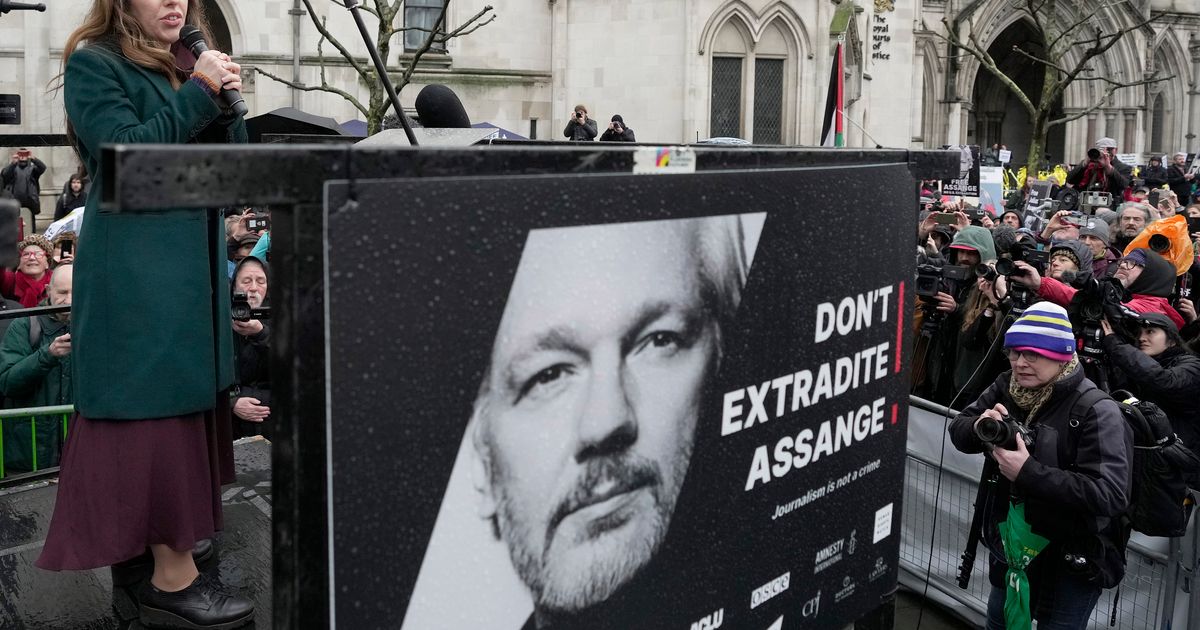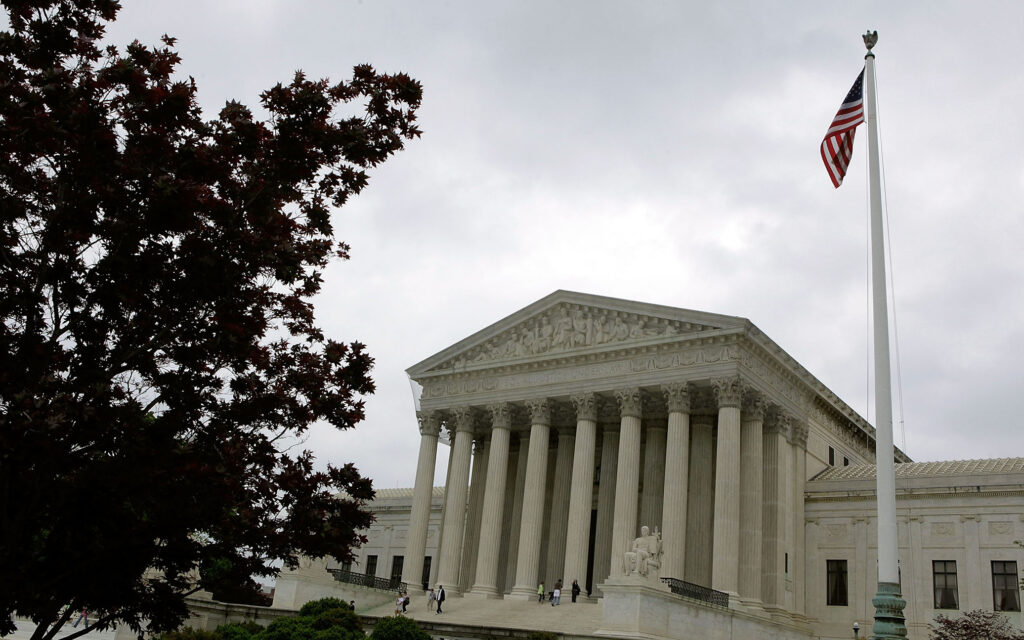A London court is set to decide whether WikiLeaks founder Julian Assange can contest his extradition to the United States.
Two judges in the High Court are poised to deliver a verdict that could either bring closure to Julian Assange’s protracted legal battle or prolong it further.
Should Assange’s bid for appeal fail, his legal team expresses concerns about the possibility of his prompt extradition to the United States to face charges. However, they intend to seek intervention from the European Court of Human Rights to prevent any transfer.
The 52-year-old Assange faces indictment on 17 counts of espionage and one count of computer misuse related to the publication of classified U.S. documents on his website nearly 15 years ago. U.S. prosecutors allege that Assange played a role in aiding U.S. Army intelligence analyst Chelsea Manning in the theft of diplomatic cables and military files that WikiLeaks subsequently released.
During a two-day hearing held last month, Assange’s legal team argued that he functioned as a journalist dedicated to exposing U.S. military misconduct in Iraq and Afghanistan. They contended that extraditing him to the United States would subject him to politically motivated prosecution and could lead to a “flagrant denial of justice.”
In response, the U.S. government asserted that Assange’s actions went far beyond journalistic endeavors, alleging that he endangered lives by actively soliciting, stealing, and indiscriminately disseminating classified government documents.
The Australian computer expert has been detained in a high-security British prison for the past five years.

Throughout more than a decade of legal battles, including his asylum at the Ecuadorian Embassy in London from 2012 to 2019, Assange’s family and supporters have expressed concerns about his deteriorating physical and mental health.
“Julian is a political prisoner, and he must be freed,” remarked Stella Assange, who wed the WikiLeaks founder while he was incarcerated in 2022.
Assange’s legal team warns that if convicted, he could face a prison sentence of up to 175 years, although American authorities suggest that the actual sentence is likely to be considerably shorter.



























